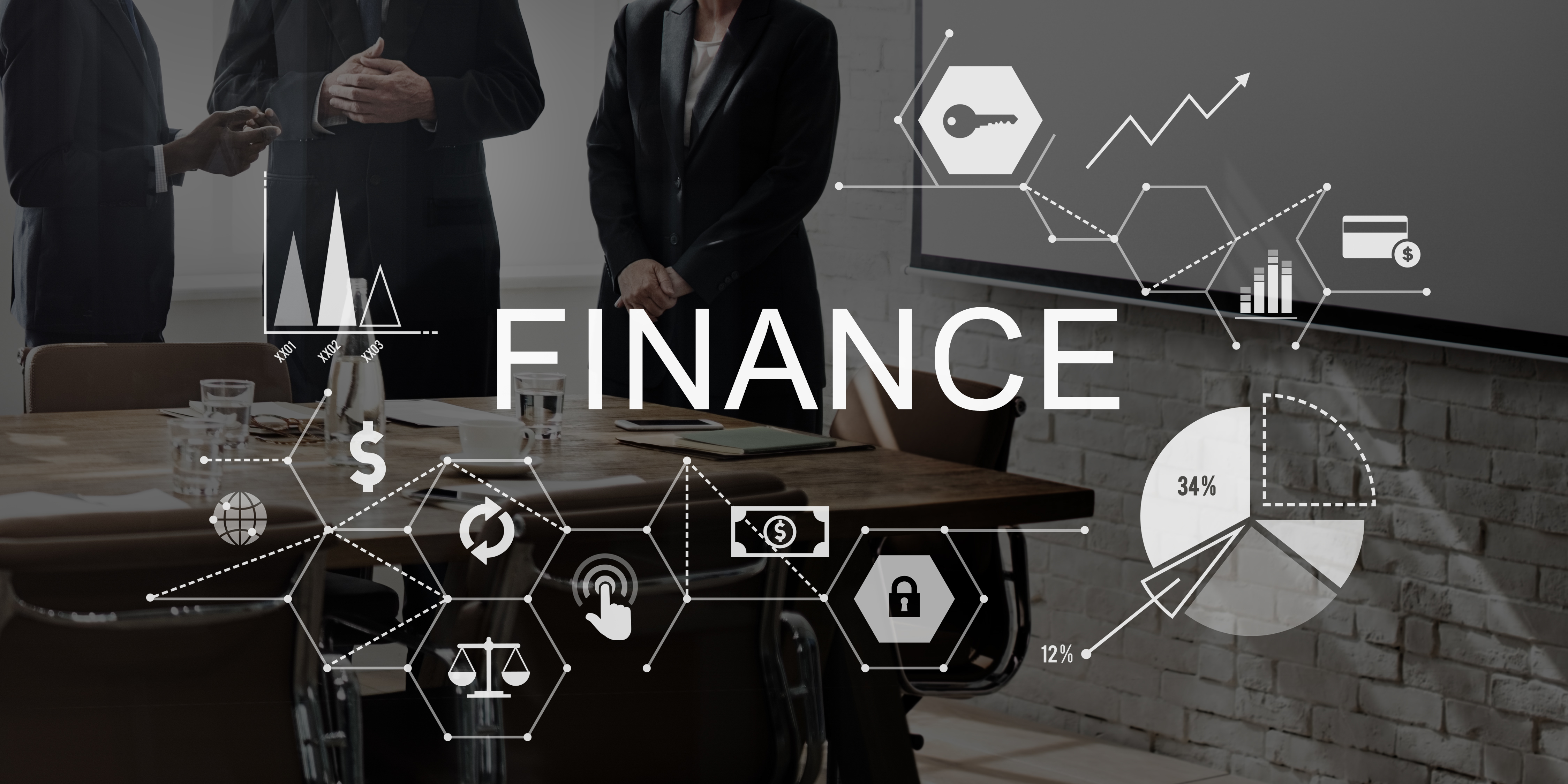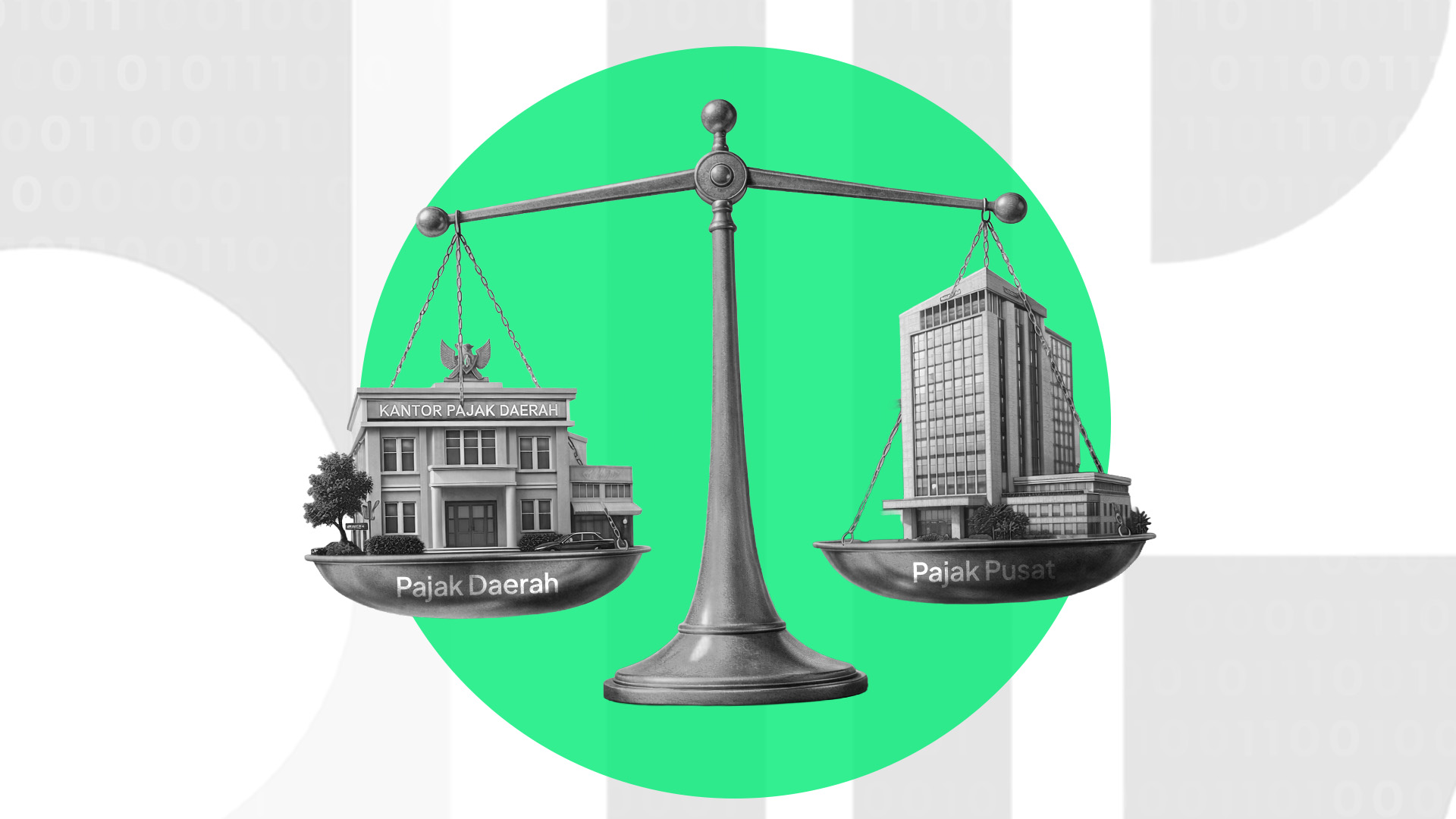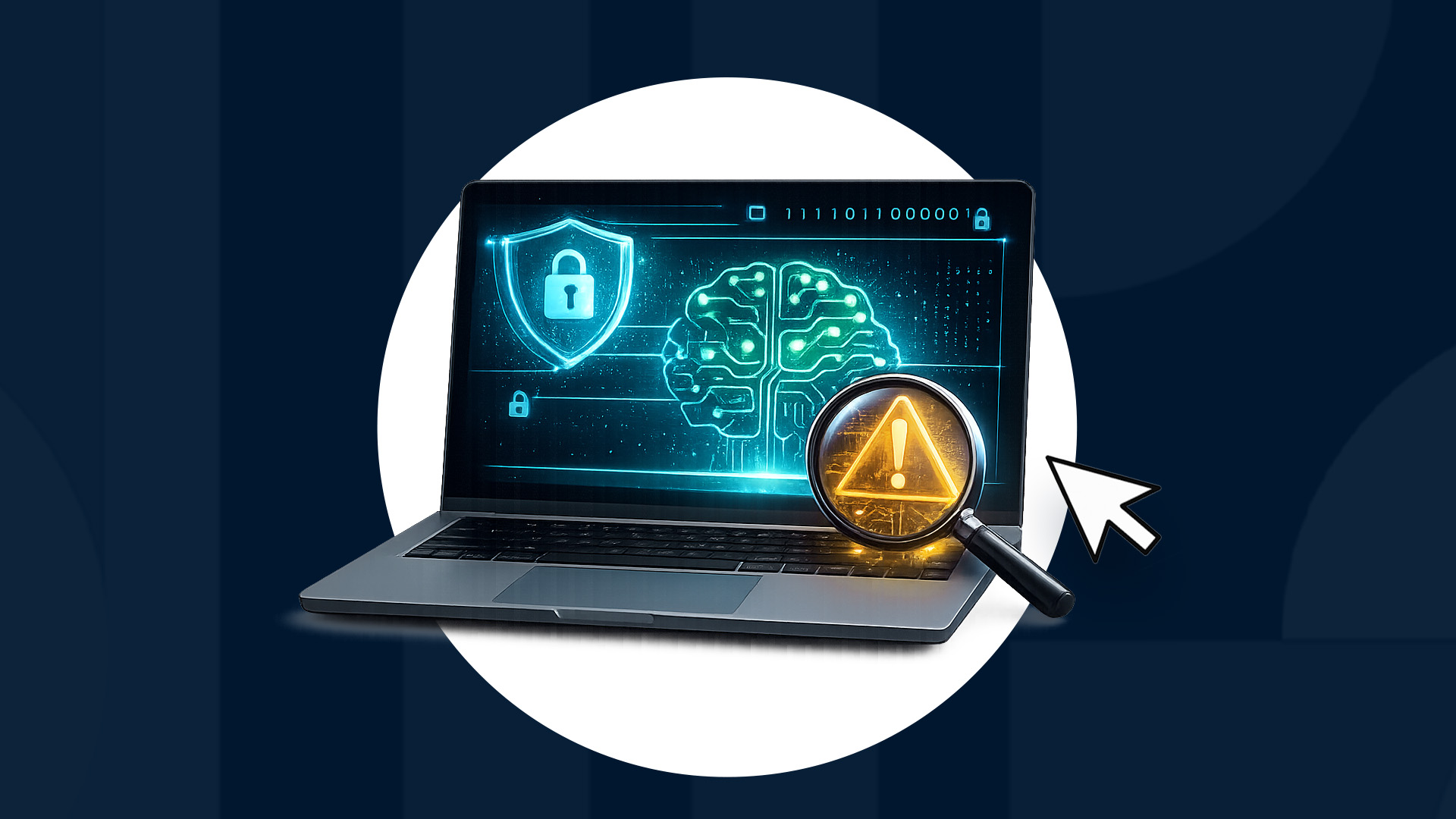When reading news about cyber attacks, which industry is usually most discussed? Correct, the financial industry. Starting from leaks of personal data, unknown transactions, to fraud. The financial industry is most frequently targeted by cyber attackers. Here are 5 reasons why.
- Deals with High-Value Transactions
The financial industry processes high-value transactions every day. Financial institutions are where money with high denominations circulates. Valuable data such as personal information, savings amounts, and transaction data are processed here. This makes the financial industry a frequent target for hacking. Fraudsters usually target payment and fund transfer systems to steal money.
- Stores Sensitive Data
The financial industry stores sensitive data such as customers' personal and financial information. This data can be sold on the black market for personal gain, such as identity theft and data theft. That's why hackers or fraudsters not only steal money directly from the financial industry but also target sensitive data for sale.
- Adoption of New Technology
The financial industry continues to adopt new technologies such as mobile banking and cloud computing. Although more advanced, sometimes these new technologies can introduce new security vulnerabilities that can be exploited by hackers. This usually happens because the technology is not mature enough or lacks adequate security measures.
- Lack of Cybersecurity Awareness
Lack of awareness about cybersecurity among employees in the financial industry can make it easy to manipulate by hackers. Lack of awareness occurs because there are many technologies that need to be learned and implemented by the financial industry to remain competitive.
- Focus on Convenience and Speed
Competition among institutions in the financial industry that focus only on the ease and speed of processes leads to weak security procedures. User demand for fast registration and transaction processes in mobile banking, for example, makes the financial industry careless in verification procedures. This leads to fraudsters slipping through and accessing data.
So, what types of fraud can attack the financial industry? Taken from Tookitaki, here are the types:
- Account Takeover: Fraudsters use deepfake to impersonate users when verifying identities with financial institutions.
- Identity Theft: Fraudsters can create fake identities using deepfake to open new accounts or get money. Not only deepfake, but fraudsters also use personal data such as ID numbers, names, dates of birth, and mothers' names owned by victims. In the realm of the financial industry, stolen identities are exploited to make unauthorized transactions.
- Phishing: Fraudsters send messages, emails, or phishing websites designed to make victims disclose confidential information. Phishing can open unauthorized access to victims' accounts.
- Payment Fraud: This fraud includes various schemes, such as fake cash withdrawals, payments with fake account numbers, and other fake transactions originating from victims' accounts but controlled by fraudsters. Fraudsters exploit weak security gaps during the transaction authentication process.
Scary, isn't it? To prevent this from happening, users of financial institutions must be extra cautious when transacting. For example, verifying the accuracy of information coming from parties claiming to be financial institutions, not sharing personal data carelessly, and being vigilant when transacting at ATMs or mobile banking.
By knowing the vulnerabilities to cyber attacks and how to mitigate them, the financial industry can build stronger security to protect users' personal data and transaction security.

.png)

.jpeg)
